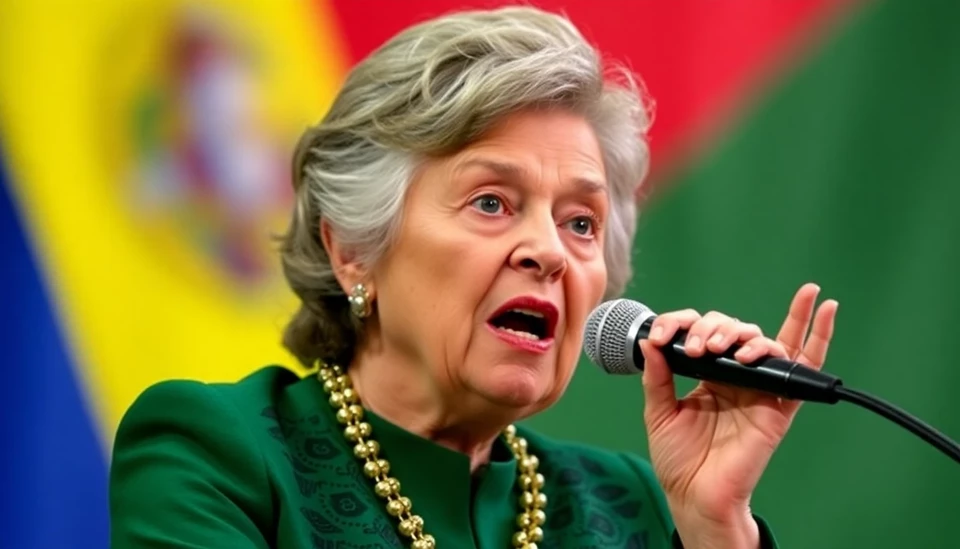
In a surprising turn of events, Brazilian President Luiz Inácio Lula da Silva made remarks that have sent shockwaves through the country’s financial markets, prompting fears of a potential economic downturn. Ignoring advice from his aides, Lula publicly criticized the Central Bank's monetary policy, which has been a cornerstone of economic stability during his administration.
The president's comments were made during a high-profile event, where he argued that the Central Bank’s interest rates were unjustifiably high, thereby stifling economic growth. Lula's outspoken criticism is seen as a significant deviation from previous statements where he expressed support for the Central Bank’s independence. His careless remarks have led to a swift sell-off in Brazilian assets, including stocks and the national currency, the real. Investors reacted with alarm, fearing that Lula’s growing influence over the Central Bank could threaten its autonomy and, consequently, the nation’s financial stability.
After Lula’s comments, the Brazilian stock market experienced a sharp decline, losing billions in value in a matter of hours. The real, too, faced an immediate fall against the dollar, leading to a rise in inflation expectations among traders. Market analysts are deeply concerned about the implications of these comments, which could signal a new chapter of unpredictability in Brazil's economic policy.
Economists have voiced apprehensions that Lula's approach could undermine years of efforts to manage inflation and foster economic growth. Many argue that the Central Bank's higher interest rates, which were initially instituted to combat inflation, need to be maintained until the economy shows signs of stabilization. Conflicting signals from the presidency have raised questions about the future trajectory of Brazil’s economic policy, with many investors now taking a wait-and-see approach.
The economic fallout from Lula’s statements may not only trouble financial markets but also have a real impact on the everyday lives of Brazilian citizens. Should inflation rise due to poor monetary policy, the cost of living will increase, particularly affecting low-income households that are still reeling from the socio-economic challenges exacerbated by the pandemic. Analysts are urging Lula to rein in his rhetoric and rely on his economic advisors to restore confidence in Brazil’s financial stability.
As tensions mount and uncertainty prevails in the market, the Brazilian government faces a crucial test in balancing economic growth and monetary policy amid growing political scrutiny. Observers are keenly watching how the president will navigate these challenges in the coming days as the situation continues to unfold.
In summary, Lula’s dismissive comments towards the Central Bank have not only set off a chain reaction in the markets but have also raised alarm bells regarding the future of Brazil’s economy. Investors are left questioning the long-term implications of Lula's leadership style and its effect on institutional credibility.
As the situation develops, the stakes for Brazil's economic landscape have never been higher, leaving many to wonder: will President Lula alter his approach, or will his recent comments mark the start of a more turbulent economic era?
#Brazil #Lula #Economy #CentralBank #FinancialMarkets #InvestorConfidence #Inflation #MonetaryPolicy #EconomicGrowth
Author: Laura Mitchell




